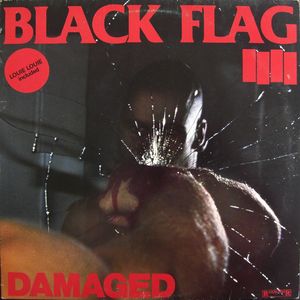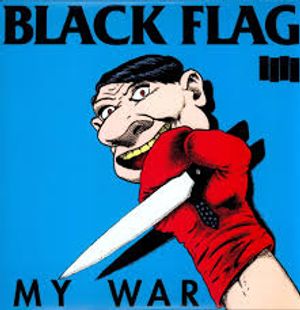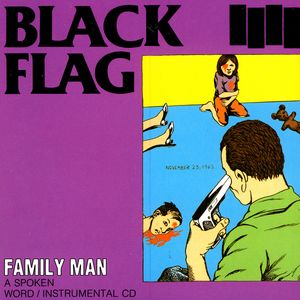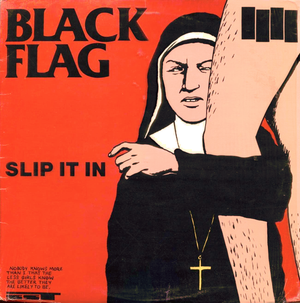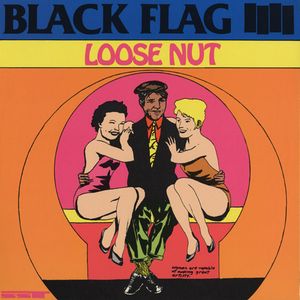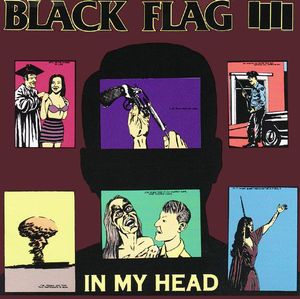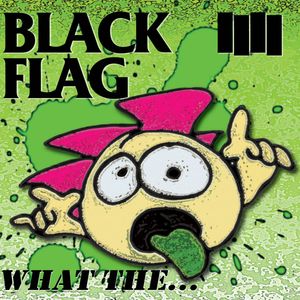
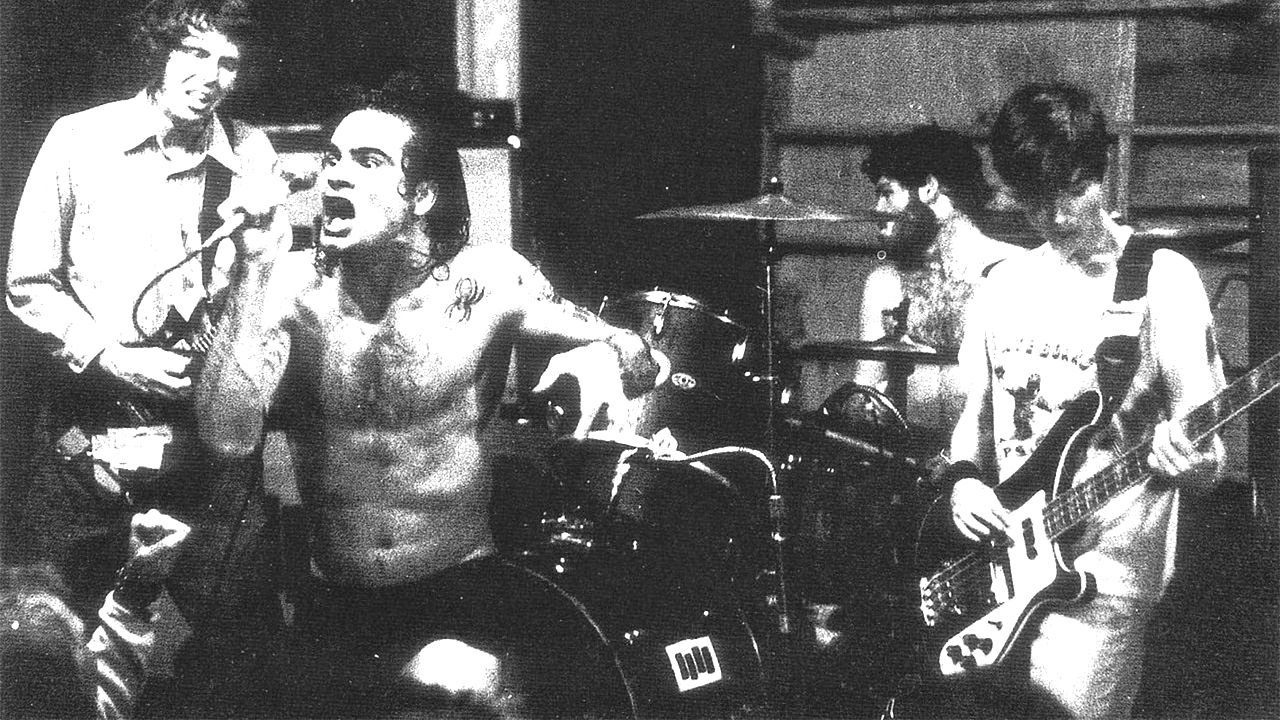
Black Flag
Follow Your Favorite Band Today!
Top Black Flag Community Posts
Story of Black Flag
Black Flag: The Uncompromising Pioneers of Hardcore Punk
Black Flag, hailing from the sun-drenched shores of Hermosa Beach, California, burst onto the punk scene in 1976. Initially known as Panic, the band was the brainchild of Greg Ginn, a guitarist with a vision. Ginn, the band's constant through numerous lineup changes, served as the primary songwriter and driving force behind Black Flag's uncompromising sound.
Considered one of the original hardcore punk bands, Black Flag paved the way for a new wave of aggressive music. They weren't just hardcore, though, they were also pioneers of post-hardcore, bridging the gap between the raw energy of punk and the experimental edge of post-punk. After a fiery run that ended in 1986, Black Flag returned to the stage in 2003 and again in 2013, proving their enduring legacy. The second reunion yielded their first studio album in nearly thirty years, "What The...", released in 2013, before the band announced their third reunion in 2019, cementing their place in music history.
Black Flag's sound was a sonic collision of the Ramones' raw simplicity and Ginn's atonal guitar solos, expertly weaving in unpredictable tempo changes that kept listeners on the edge of their seats. Ginn's lyrics, often echoing themes of social isolation, neurosis, poverty, and paranoia, resonated with a generation disillusioned with authority. The band's message of anti-authoritarianism and nonconformity reached a new level of intensity when Henry Rollins joined as lead singer in 1981, bringing his own unique brand of lyrical intensity to the table.
Black Flag, more than just a band, was a movement. They challenged the status quo with their ferocious sound, anti-establishment message, and relentless energy, inspiring a generation of musicians and leaving an indelible mark on the world of punk rock.
Frequently Asked Questions
Bands you may like
More Hard Rock Bands
Discover more bands in the Hard Rock genre and explore the diverse sounds that define this musical style.
Browse All Hard Rock BandsMore Bands from United States
Discover the rich musical heritage of United States and explore bands that represent the country's unique sound and culture.
Browse All United States Bands
